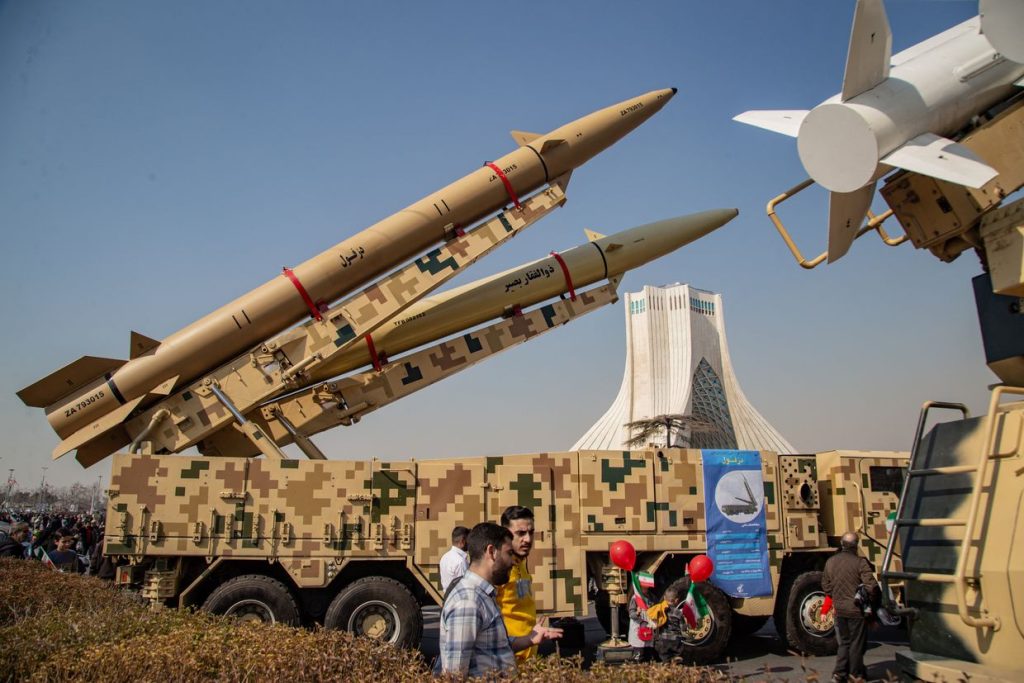EU leaders recently agreed to implement new restrictions against Iran following its missile and drone attack on Israel. The European Council condemned Iran’s attack and expressed solidarity with Israel, emphasizing the importance of Israel’s security and regional stability. Iran launched a massive aerial assault on Israel, involving 170 drones, 30 cruise missiles, and 120 ballistic missiles, most of which were intercepted by Israel and its allies. The EU called on Iran to cease all attacks and urged all parties to exercise restraint to avoid escalating tensions in the region. The EU also reiterated its commitment to de-escalation and security in the Middle East.
In addition to the measures against Iran, EU leaders expressed full support for Ukraine, condemning Russia’s recent attacks on Ukrainian civilians and critical infrastructure, including in the energy sector. The EU member states agreed to provide Ukraine with humanitarian and civil protection assistance, including power generators and transformers. Furthermore, they urged to supply Ukraine with additional air defense systems, artillery ammunition, and missiles to help defend against Russia’s intensified attacks. The use of Iranian-made drones in the attack on Israel resonated with Ukrainians, who have been facing daily bombardment from Russia since the invasion began in February 2022.
Iran has been instrumental in providing Russia with drones and ballistic missiles, contributing to the ongoing conflict in Ukraine. The Shahed-136 drones used in the attack on Israel are the same models frequently employed by Russia to strike Ukrainian cities and villages. Iran has reportedly sent powerful surface-to-surface ballistic missiles to Russia, fueling the war in Ukraine. The partnership between Iran and Russia in supplying weapons has raised concerns about the proliferation of advanced military technology and the impact on conflicts in the region. The connection between the tactics used in the attacks on Israel and Ukraine highlights the global implications of these conflicts.
The European response to the Iran-Israel conflict underscores the interconnectedness of regional conflicts and the importance of collective security measures. The EU’s support for Ukraine in the face of Russian aggression demonstrates a commitment to upholding international norms and sovereignty. By providing assistance to Ukraine and implementing restrictions against Iran, the EU is taking a proactive stance in addressing threats to regional stability and security. The coordination between EU member states in condemning attacks and providing assistance reflects a unified approach to addressing complex security challenges in the Middle East and Eastern Europe.
The use of drones and missiles in modern warfare has exacerbated conflicts and posed challenges for defense capabilities worldwide. The sophistication and proliferation of drone technology raise concerns about the potential for non-state actors to acquire and utilize advanced weaponry. The role of Iran in supplying drones and missiles to conflict zones like Ukraine and Israel highlights the need for international cooperation in regulating arms transfers. By addressing the root causes of weapon proliferation and strengthening arms control mechanisms, the international community can mitigate the destructive impact of modern warfare and promote peace and stability in volatile regions. The EU’s response to the Iran-Israel conflict and support for Ukraine exemplify a commitment to addressing security challenges through diplomatic means and collective action.















